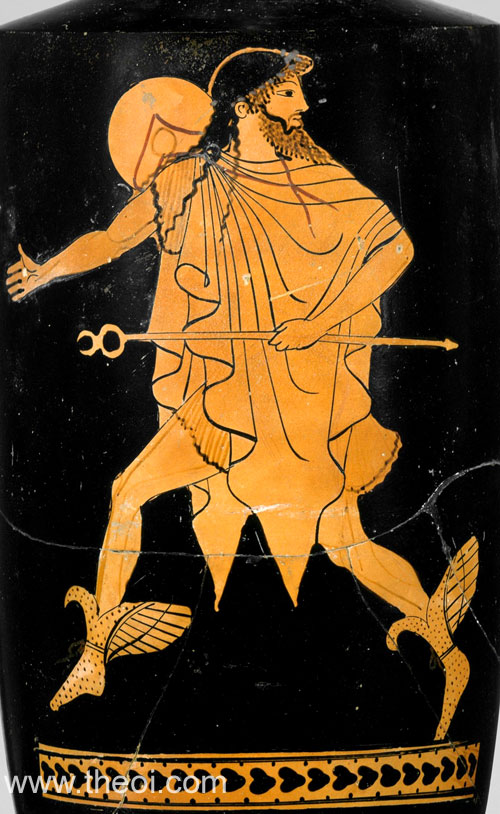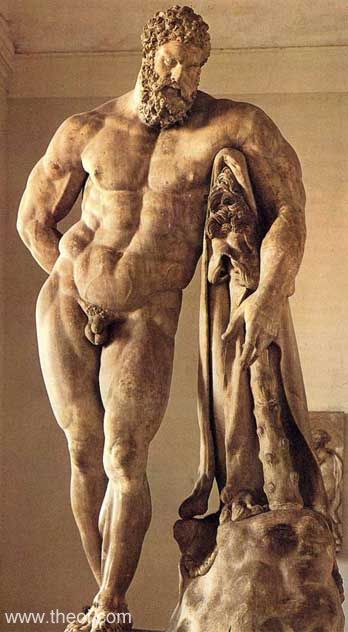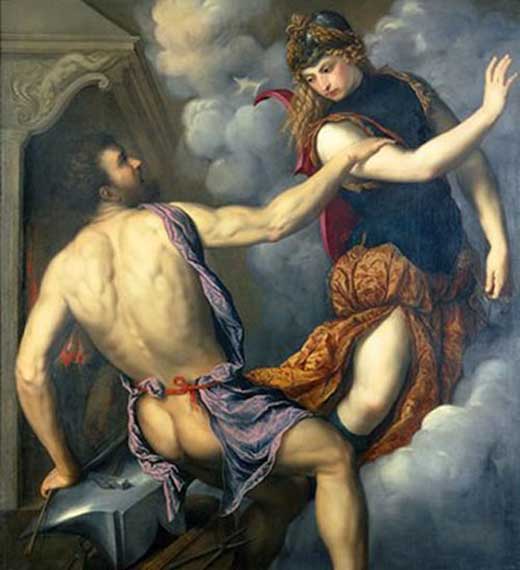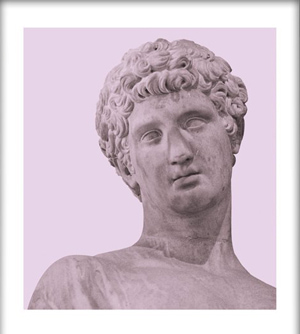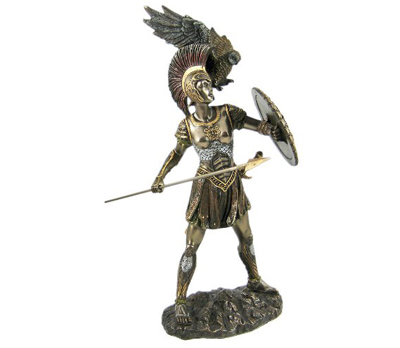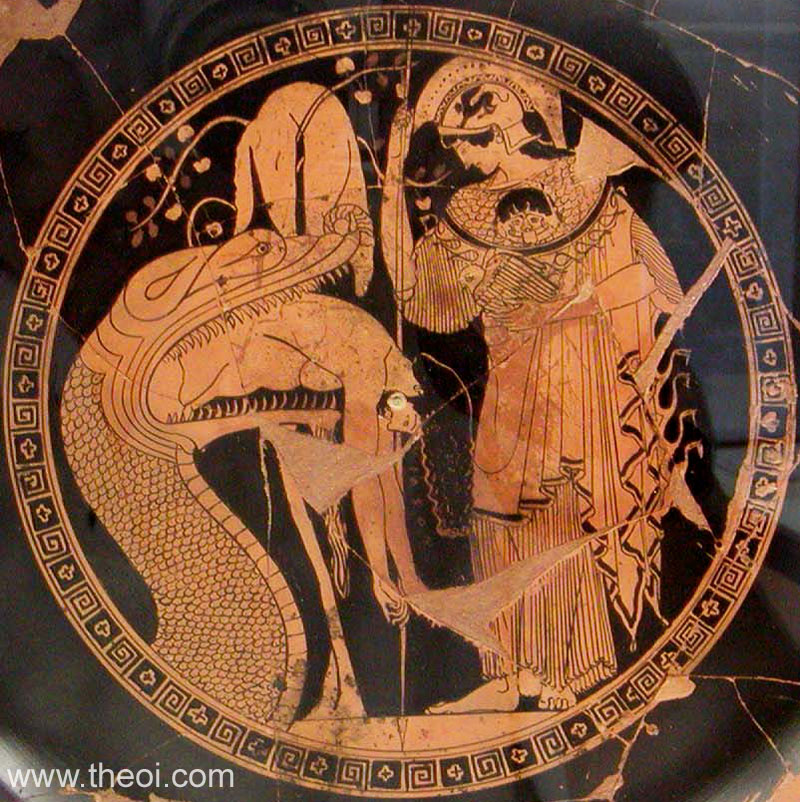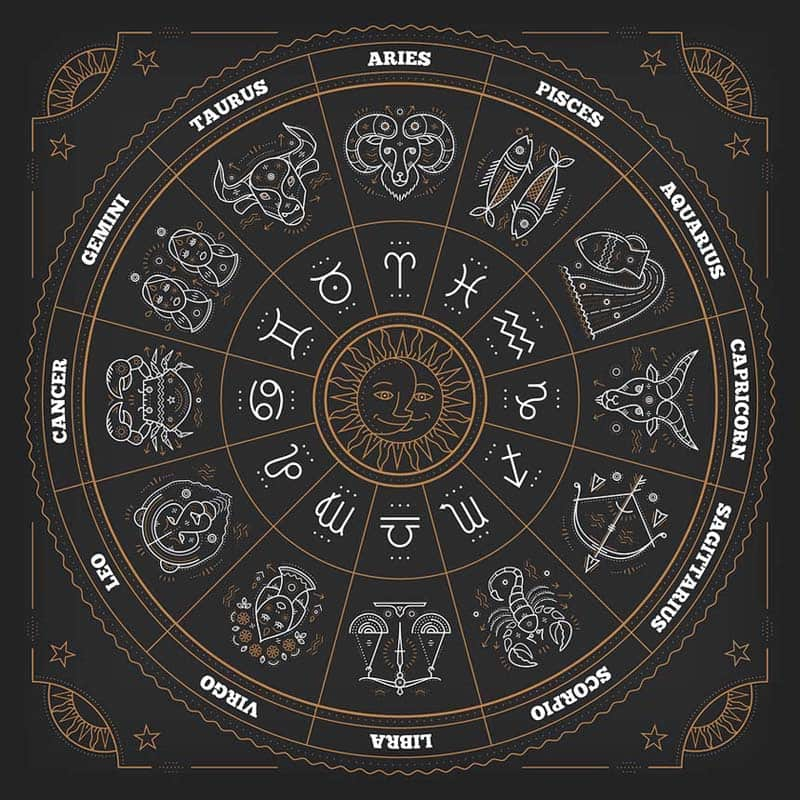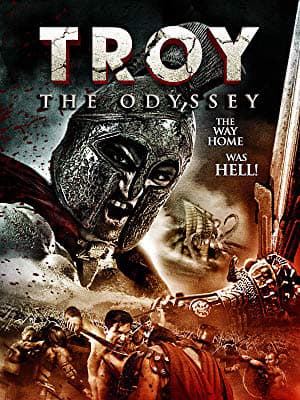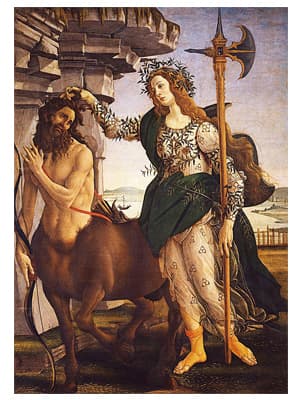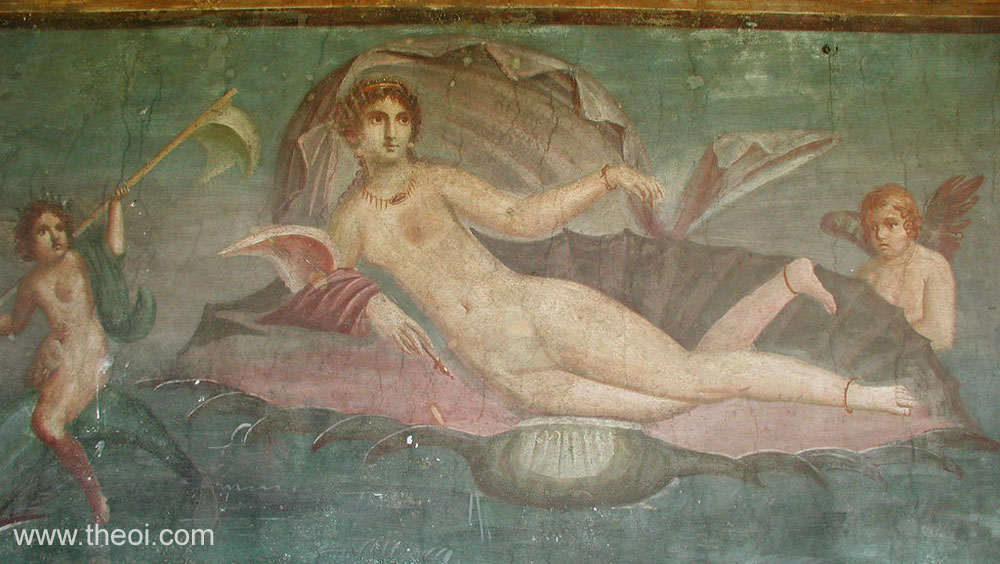You have heard of the most famous gods and goddesses in Greek mythology, like Zeus, Poseidon, and Hades, but how many of the lesser-known Greek gods do you know? There are countless gods and goddesses recorded in Greek mythology, but the main gods are known as the Olympians since they live on Mount Olympus, the home of the gods.
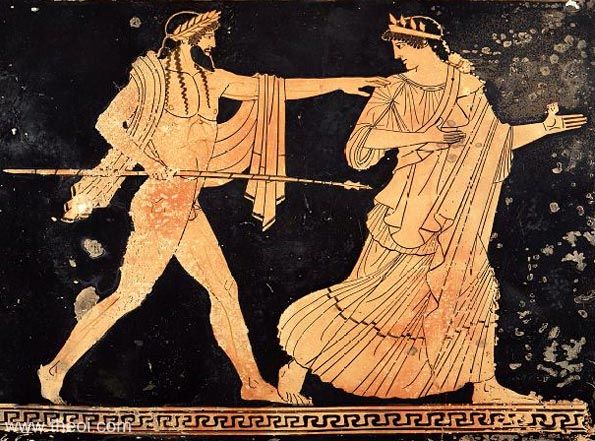
There are twelveOlympians.Some stories in mythology make it seem like there are fourteen rather than twelve, and there is much debate on whether Hades, Hephaestus, and Poseidon are Olympians since they didn’t live in Olympus, but they are still considered some of the most powerful Greekgods.
Hades is the god of the Underworld and lived there, Poseidon lived in his palace under the sea, and Hephaestus wasn’t on the council in Olympus but was the husband of Aphrodite. It all depends on where you are reading about them and how technical you want to be.
Olympians and gods who once held a seat on the council in Olympus:
- Aphrodite
- Apollo
- Ares
- Artemis
- Athena
- Demeter
- Dionysus (originally a demigod, council seat given by Hestia)
- Hades
- Hephaestus
- Hera
- Hermes
- Hestia
- Poseidon
- Tyche (or Tykhe)
- Zeus
Demigods
The Olympians have the most prominent reputation in Greek mythology. You have likely heard of several of the gods and goddesses listed above and may even know a bit about them. Movies and tv shows do a great job at making sure that people know who some of these Greek gods are, even though their depictions are not always accurate.
However, the Olympians are not the only gods in Greek mythology; there are demigods as well. Demigods are the offspring that come into being when a god and a mortal or another creature reproduce.
Demigods are not as powerful as the Olympians, but they come close to equal. A few are known by most, like Achilles, Hercules, and Perseus, but the others are the lesser-known Greek gods. Each demigod has its place in Greek mythology and has a story or stories associated with their name that makes them famous.
We will start with the least known demigods. First, here is a list of all of the Greek Demigods.
Greek Demigods
- Achilles
- Aeacus
- Aeneas
- Amphion
- Arcas
- Asclepius
- Athis
- Bellerophon
- Dardanus
- Epaphus
- Harmonia
- Heracles (or Hercules)
- Helen of Sparta (or Helen of Troy)
- Hippolyta
- Iasus
- Memnon
- Orion
- Orpheus
- Penthesilea
- Perseus
- Theseus
- Tityos
- Zethes
- Zethus
Aeacus
Even though he is a lesser-known Greek god (demigod), Aeacus has a temple in his honor at Aegina. The temple was created in celebration of his successful prayer to Zeus for rain during a drought. At one time, he was the king of Aegina, which is now off the coast of modern Greece; it is also known as Egina. Aegina shares its name withAeacus’s mother, Aegina.
Aeacus’s father was Zeus, and as previously mentioned, his mother was Aegina. Aeacus had two children with two different women, Telamon and Peleus. Telamon’s mother was Endeis, and Peleus’s mother was Thetis. Peleus later became the father of the well-known demigod, Achilles.
Bellerophon
Bellerophon is one of the demigods mentioned in the Iliad, by Homer. In the Iliad, he was the son of Glaucus; although, other parts of Greek mythology say that he was the child of Poseidon and Eurynome, who was the wife of Glaucus.
During part of his life, Bellerophon fought many foes on his quest to marry the woman, Anteia; but since he is a demigod, he defeated them and ended up marrying his love with the consent of her father, King Proetus.
Bellerophon is mainly known for his interactions with a Pegasus, whom he tried to tame to give him a ride to the gods on Olympus. Athena helped Bellerophon to tame the Pegasus, but he never made it to Olympus because of his interactions with Anteia and her father, and because Zeus didn’t allow it. His life ended as a lonely wanderer.
Harmonia
Harmonia is yet another demigod who doesn’t have a clear origin in Greek mythology; that is the case for most of the lesser-known Greek gods, likely because they don’t have as much recorded stories and history in Greek mythology as the Olympians. On one account, Harmonia is the daughter of Ares and Aphrodite and is the goddess of harmony and concord; but according to the Thebans, she was the daughter of Zeus and the Pleiad star nymph, Electra.
Several of the Olympians loved Harmonia and gave her many gifts, such as a robe and a necklace that brought misfortune to all who possessed it. Little did Harmonia know that the gifted necklace was meant as a curse on her and her descendants. They even attended her wedding; unfortunately, that event marked the end of the supposed golden age in Greek mythology.
One thing positive came out of her marriage to Cadmus, which was the birth of her children: Ino, Polydorus, Autonoe, Agaue, and Semele.
Epaphus
Epaphus is unknown to most. He was the son of Zeus and Io. His mother, Io, was the mortal ancestor of Perseus.
There is not much information on Epaphus in Greek mythology, especially not compared to the Olympians, or even compared to some of the famous demigod heroes who triumphed throughout Greek mythology. His daughter, Libya(or Lysianassa), at least had her part in mythology because she had a city named after her, which is Libya, Africa, near the Mediterranean Sea.
Demigods Vs. Gods in Greek Mythology
Demigods are the lesser-known gods of Greek mythology since they don’t hold a place on the council of gods in Olympus. Some demigods found a way to become famous and are known by most people in the world today, but most did not. Some of the few who made it had the help of some of the Olympians.
Athena, Ares, and Aphrodite helped the demigods the most. Zeus was not much help to the demigods, but he was the father of most of them. You can see why Zeus’s wife, Hera, was the biggest threat.
